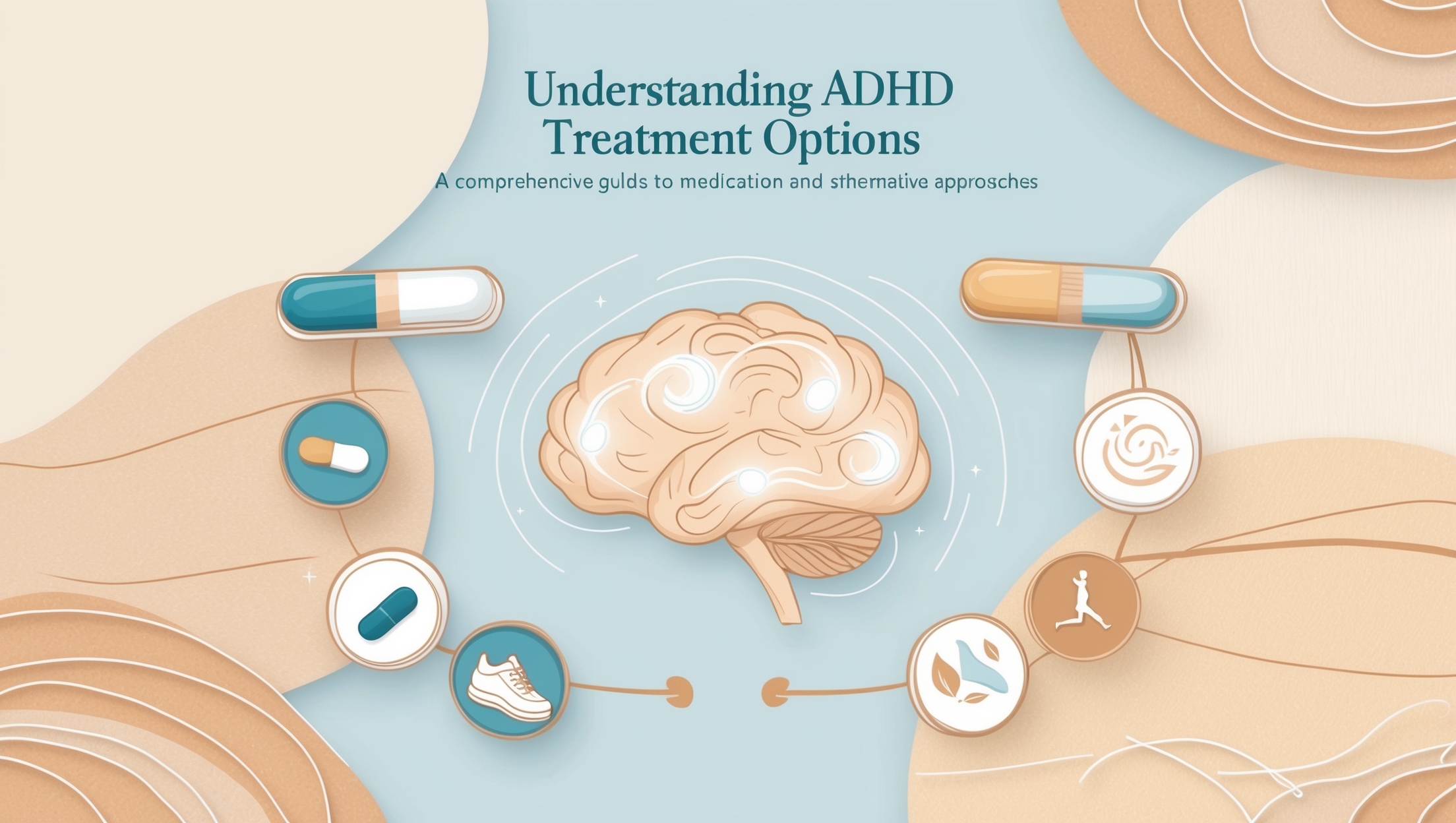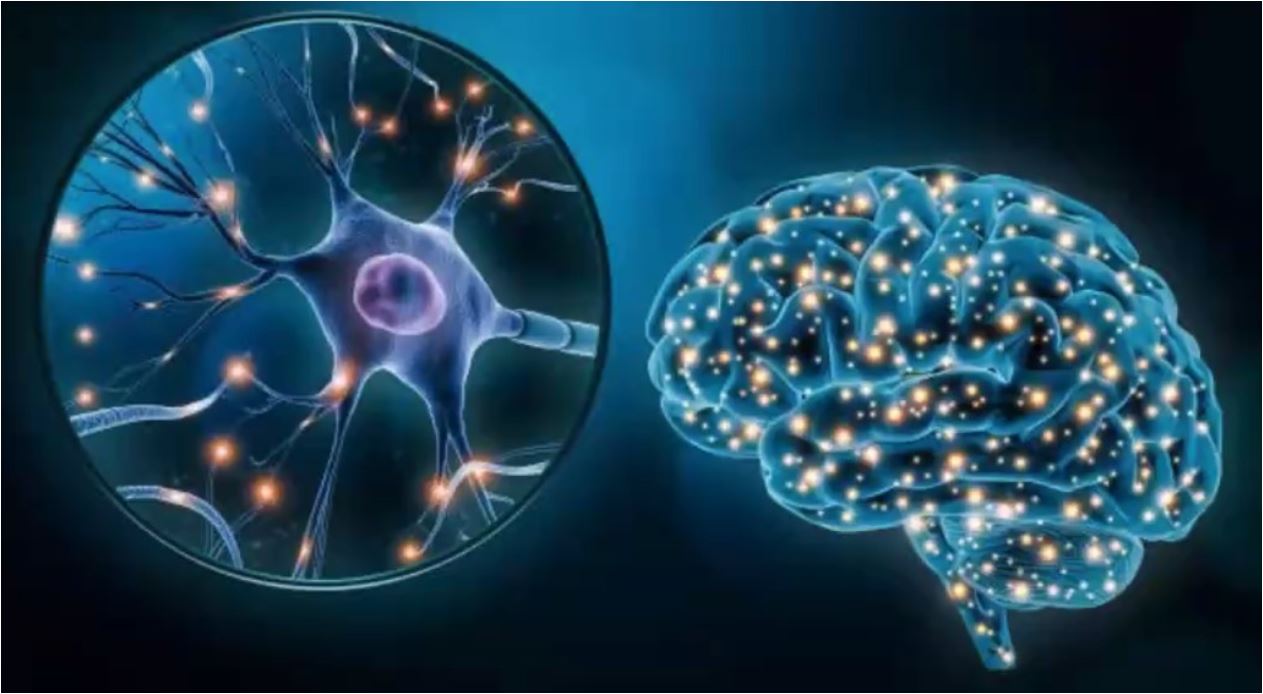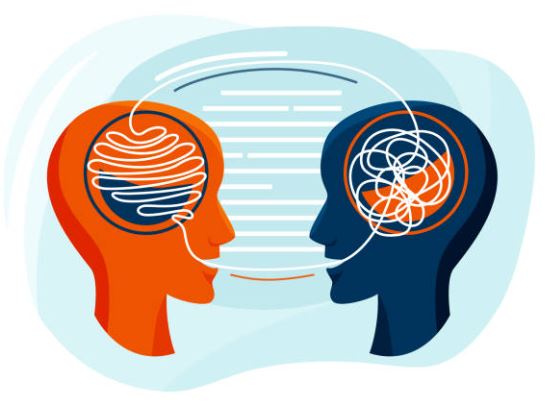Porn Addiction and ADHD: Understanding the Connection
Understanding the intersection between porn addiction and ADHD is crucial for those struggling with these challenges and the professionals who support them. When left unaddressed, compulsive pornography use can damage relationships, decrease productivity, and negatively impact mental health. For individuals with ADHD, these risks may be heightened due to executive functioning challenges and dopamine regulation issues that can intensify addictive tendencies.









